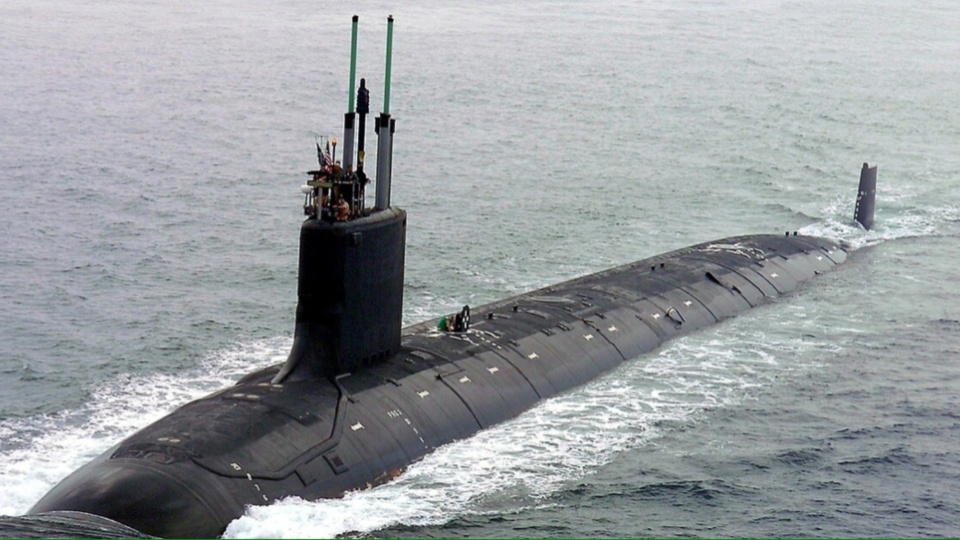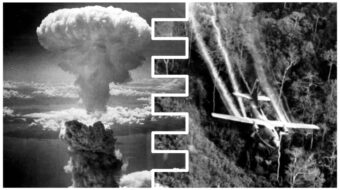
Cuba protested at the weekend over the U.S. deployment of a nuclear-armed submarine to its waters.
The Cuban Foreign Ministry said a nuclear submarine equipped with Trident II ballistic missiles had entered waters around Guantánamo Bay, the illegal U.S. military base imposed on occupied Cuban territory from 1903, at the start of July.
“The presence of a nuclear submarine forces one to question the military reason for its presence in this peaceful region of the world, against what objective it is directed, and what strategic purpose it is pursuing.”
The submarine’s presence in its waters for at least a week “constitutes a provocative escalation by the United States, whose political or strategic motives are unknown,” it added.
But U.S. State Department spokesman Matthew Miller retorted that “the United States will continue to fly and sail as well as move its military forces where it deems appropriate.”
All 33 countries of Latin America and the Caribbean had signed the declaration of the region as a “zone of peace” in Havana in 2014, Cuba pointed out. Despite this, “the United States has established more than 70 military bases in the region.”
The U.S. has nine military bases in Panama, 12 in Puerto Rico, nine in Colombia, and eight in Peru. The role of U.S. troops in Peru has drawn attention recently, with the U.S. sending in more soldiers last month.
The country’s Congress—which overthrew elected socialist president Pedro Castillo in December and has waged a crackdown that has killed scores of democracy protesters since—authorized “the entry of naval units and foreign military personnel with weapons of war” in January.
Earlier this month, Rep. Alexandria Ocasio-Cortez, D-N.Y., introduced an amendment to the country’s military budget seeking to suspend funds for operations in Peru given their potential role in helping suppress the democracy movement.
The U.S. claims to lease Guantánamo Bay from Cuba for a token rent of $4,085 a year, but Cuba has rejected the agreement since the revolution of 1959 and does not cash the checks, which are still made out to the pre-revolutionary, now non-existent post of “treasurer-general of the republic.”
Cuban revolutionary leader Fidel Castro once showed journalists a desk drawer in his office stuffed with the uncashed checks.
Morning Star
We hope you appreciated this article. At People’s World, we believe news and information should be free and accessible to all, but we need your help. Our journalism is free of corporate influence and paywalls because we are totally reader-supported. Only you, our readers and supporters, make this possible. If you enjoy reading People’s World and the stories we bring you, please support our work by donating or becoming a monthly sustainer today. Thank you!










